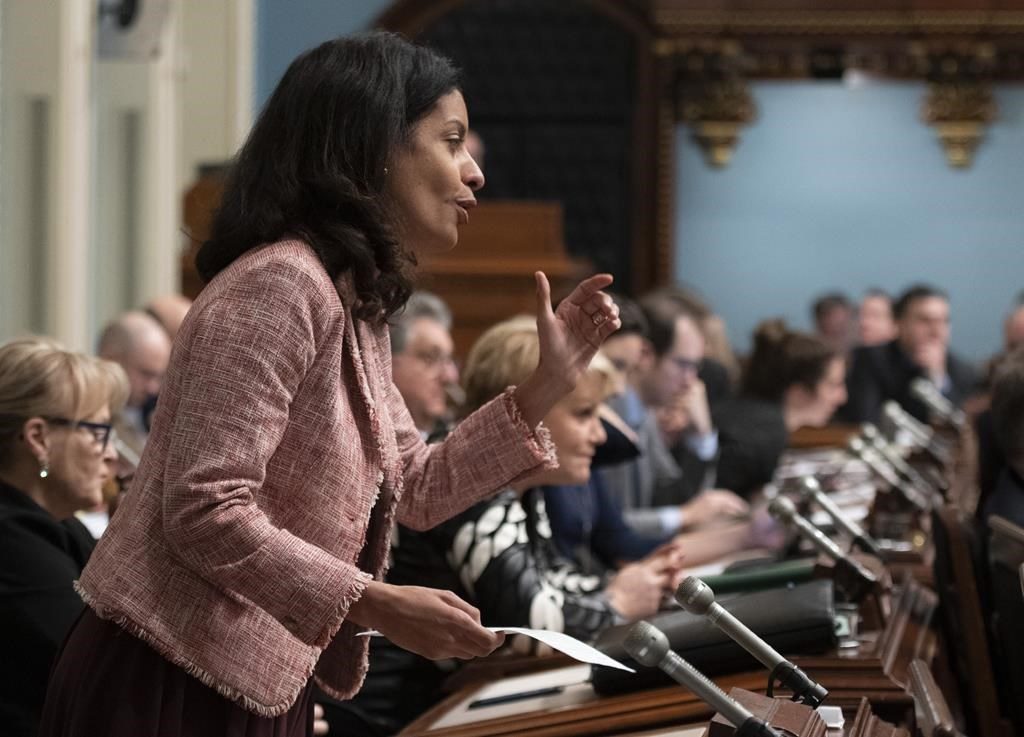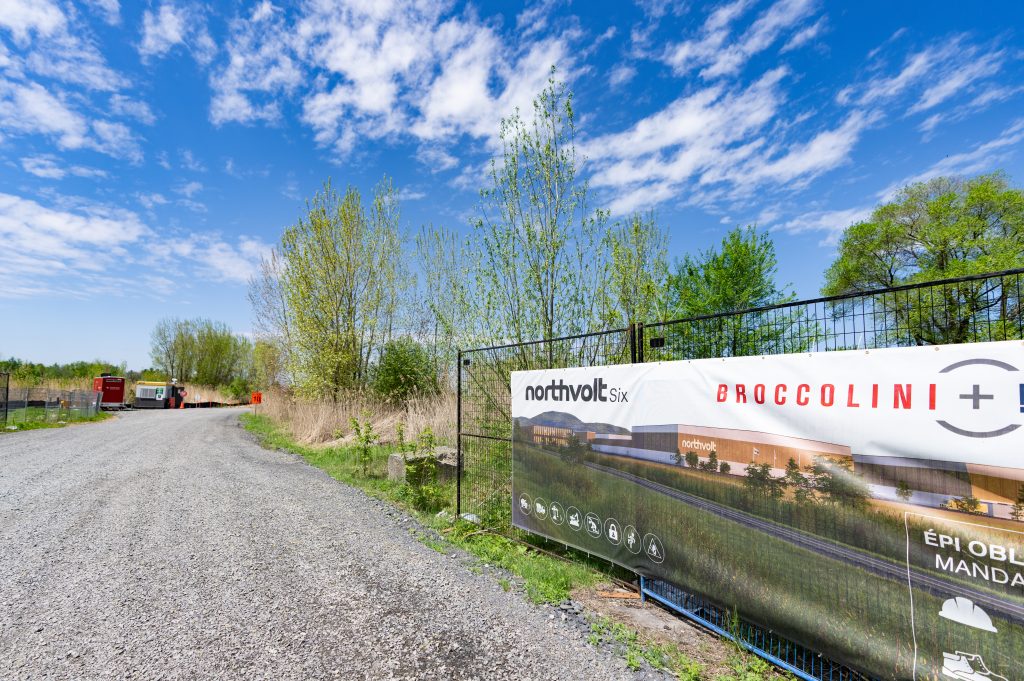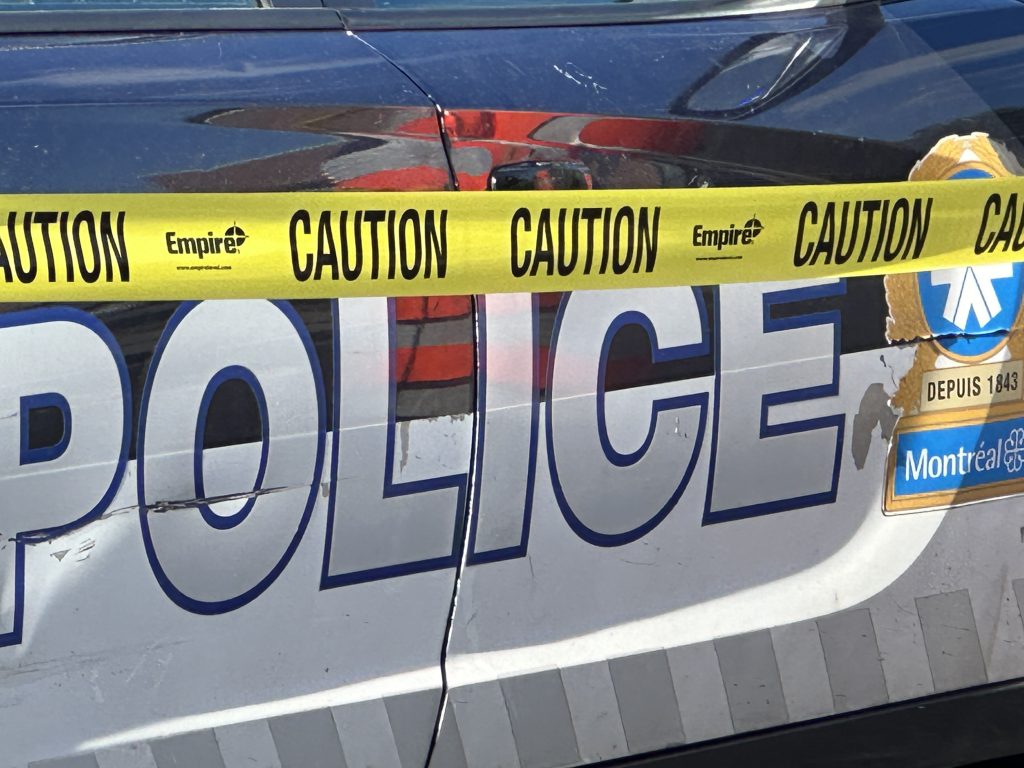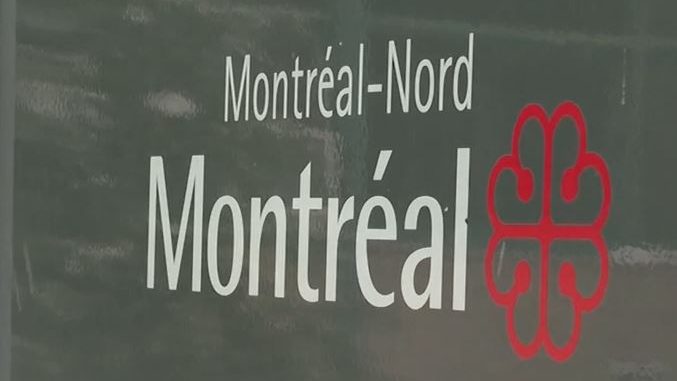Quebec Liberals struggling to connect with francophone voters ahead of October election

Posted April 24, 2022 3:00 pm.
Quebec’s next provincial election is still more than five months away, but Liberal Leader Dominique Anglade is already on the campaign trail.
On Thursday, the official Opposition leader was in Trois-Rivieres, Que., a city of 140,000 people halfway between Montreal and Quebec City, promising more political power for the regions – a term often used in Quebec to describe rural and less-populated parts of the province.
The Liberals aren’t doing well in the regions, which are mostly francophone. Last general election, in 2018, the party won four seats outside the greater Montreal area, where its base of anglophone and immigrant voters resides. Since then, the Liberals lost two of those four seats in byelections.
With the spectre of a Quebec independence referendum off the table, the Liberal party is attempting to redefine itself, but it’s struggling to appeal to French-speaking voters without losing support among anglophones and immigrants.
“There’s been a change in Quebec’s political landscape,” Valerie-Anne Maheo, a political science professor at Universite Laval, said in a recent interview.
RELATED:
- Quebec Conservatives boosted by anger over COVID-19 restrictions ahead of fall election
- Former Montreal mayoral candidate makes jump to provincial politics, starts own party
- CAQ wins Marie-Victorin by-election, takes PQ stronghold
“We’ve seen a shift from partisan politics that were organized around sovereigntism and federalism, toward more so-called normal politics, on a left-right axis, where we see parties competing on social and economic policies.”
The shift has been difficult for the federalist Liberals and the sovereigntist Parti Quebecois – the two parties that dominated provincial politics for more than 40 years – because the issue of Quebec’s place in Canada was such a key part of their identities, Maheo said.
CAQ remains atop polls in Quebec
While the Liberals were traditionally seen as the party of the economy, the centre-right Coalition Avenir Quebec, which took power for the first time in 2018, now occupies that position in the minds of many Quebecers, she said.
Premier Francois Legault, a self-described nationalist leader who campaigned for a strong Quebec within Canada, remains atop the polls. A Leger poll released the same day Anglade was in Trois-Rivieres put Legault’s party at 44 per cent support. The Liberals, meanwhile, polled at 17 per cent, down one percentage point from Leger’s March survey and down around eight points from the 2018 election, when they elected 31 members in Quebec’s 125-seat legislature.
While the party remains in second place across the province, the Leger poll put them fourth in the Quebec City region and tied for third outside Quebec’s two largest cities.
Liberals fourth among francophones: poll
Philippe J. Fournier, creator of poll-aggregating website QC125, said the Liberals came second in many ridings across the province in 2018, but he said that’s unlikely to happen in the October general election.
“They do have a base of Liberal voters pretty much everywhere in the province, but in the polls that we have – the local polls in Saguenay—Lac-St-Jean, Abitibi and the Eastern Townships – we see that has completely evaporated,” he said in a recent interview.
Among Quebec’s francophone majority, the Liberals were tied for fourth at 11 per cent, according to Leger, behind left-wing party Quebec solidaire and the Conservative Party of Quebec, which has never elected a member to the legislature.
The Liberal brand, Anglade said in a recent interview, “is all about valuing every single person. It’s about the rights of every single individual … It doesn’t matter what language you speak; it doesn’t matter which region they’re from.”
Some Liberals, however, would like to see the party occupy some of the nationalist territory claimed by the CAQ, in order to win votes outside multicultural Montreal.








